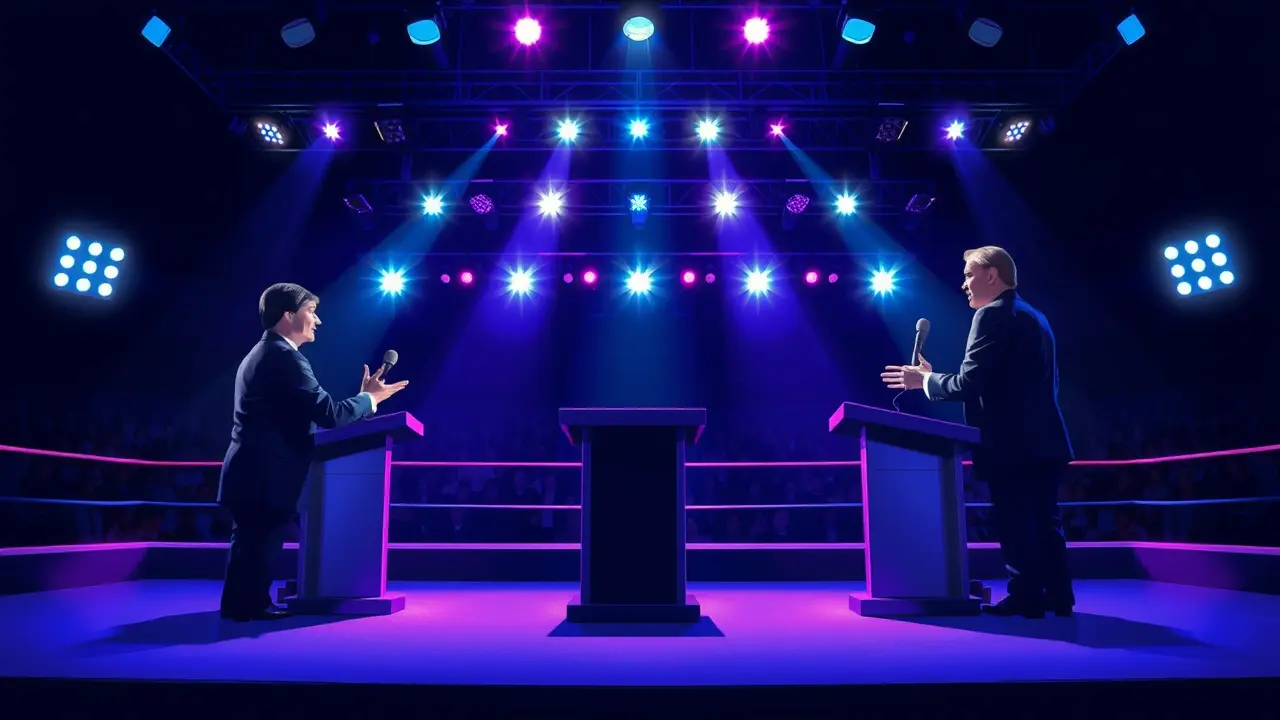Key Moments from NYC Mayoral Debate Featuring Mamdani and Cuomo
The political arena crackled with the intensity of a championship bout as the three leading candidates for New York City mayor squared off in a debate that felt less like a policy discussion and more like a high-stakes battle for the soul of America's biggest city, a bare-knuckle brawl where every soundbite was a calculated missile and every rebuttal a strategic parry. In one corner stood the insurgent, Zohran Mamdani, channeling the fiery energy of a grassroots movement with the precision of a seasoned field organizer, his rhetoric a direct challenge to the political establishment that has long governed the city, framing the election as a fundamental choice between a return to the failed centrism of the past and a bold, progressive future that tackles the root causes of the affordability crisis and systemic inequality.In the other corner, a scion of political royalty, Michael Cuomo, wielded his name not just as an inheritance but as a shield and a sword, invoking his family's legacy of pragmatic governance while attempting to distance himself from its more recent controversies, positioning himself as the experienced manager who can restore order and competence to a city fraying at the edges, a classic front-runner strategy of projecting stability while fending off attacks from all sides. The third candidate, a moderate voice often lost in the crossfire, struggled to carve out a distinct lane, their attempts to find common ground appearing almost quaint against the sharply drawn ideological lines, a testament to how modern mayoral politics has become a polarized proxy war for national Democratic party fissures.This wasn't merely a debate; it was a masterclass in political framing, where Mamdani’s team expertly seeded clips of his most potent attacks on corporate greed and police funding into social media ecosystems within minutes, while Cuomo’s camp executed a disciplined message of 'getting the basics right'—trash collection, public safety, schools—a deliberate echo of his father's successful 1990s playbook. The subtext was a city at a crossroads, still reeling from the pandemic's economic shockwaves and grappling with a profound crisis of confidence in its institutions, making this race a bellwether for urban America's future, a test of whether a metropolis of 8.5 million can be governed from the left or if a centrist corrective is inevitable. Polls in the coming days will be dissected with the fervor of election night itself, but the true impact of last night's showdown will be measured in the millions of dollars it mobilizes for super PACs, the volunteers it energizes for door-knocking, and the subtle shifts it creates in the narratives spun by the city's tabloids, which remain kingmakers in their own right. For political strategists watching from Washington to Albany, the New York City mayor's race is the ultimate laboratory, a brutal, unforgiving testing ground for messages and tactics that will inevitably trickle down to local races across the country, and last night’s debate provided a crystal-clear view of the battle lines being drawn for the future of the Democratic party itself.
JA
Jamie Larson123k2 days ago
idk it just feels like the same old arguments every time smh maybe i'm just cynical but i'll believe it when i see some actual change
0
